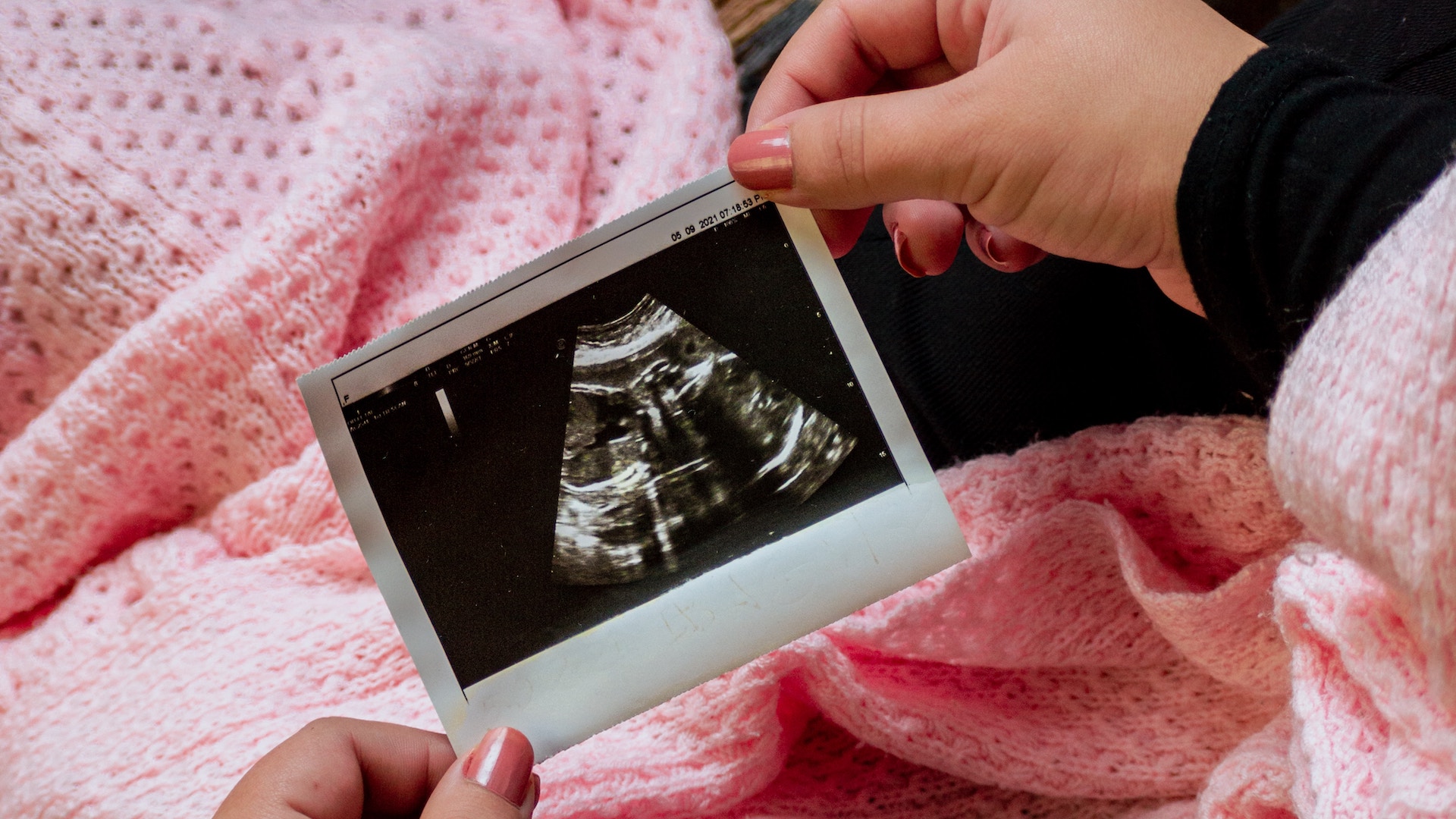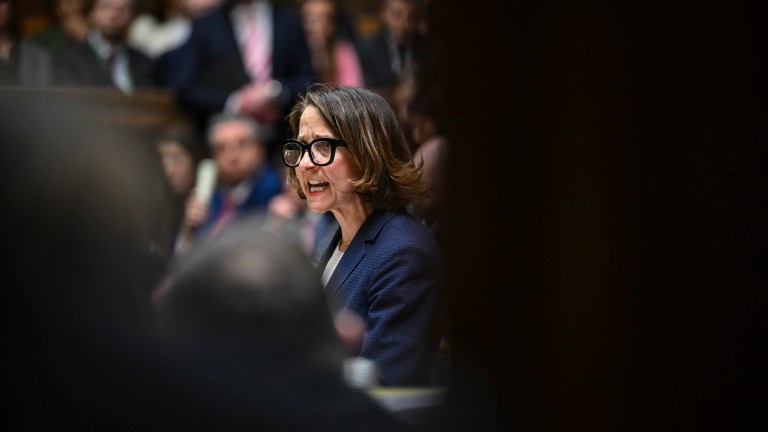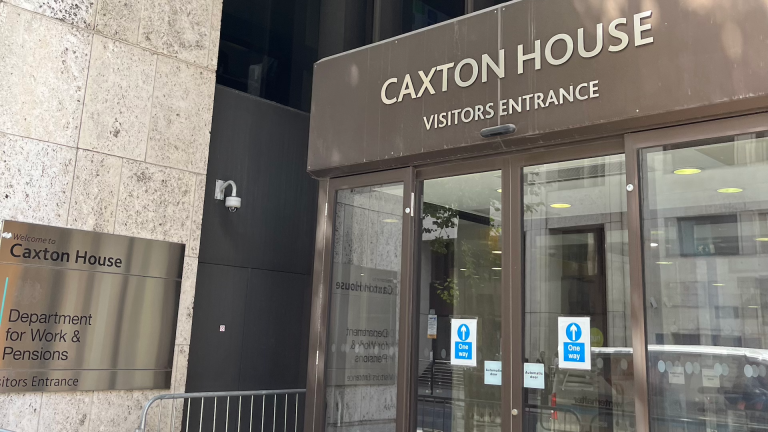Becca Lyon, head of child poverty at Save the Children UK, said: “This policy is one of the cruellest welfare rules of the past decade. Right now 1.5 million children – one in every ten children growing up in the UK – is affected by it and misses out on £62 a week.
“This can mean less money for food, children’s clothes, toys and books, and being able to travel to nearby activities and experiences. While the policy has a huge impact on children’s lives, studies show it has limited effect in terms of moving parents into work. Scrapping it should be a priority for the current or any future UK government.”
An estimated 250,000 children could be lifted out of poverty if the government scrapped the “unfair” two-child limit on benefits, according to the Child Poverty Action Group (CPAG).
Megan said: “It doesn’t deter people from having another child. People don’t plan and know they’re going to become a single parent. And mum and dad, a nuclear family, don’t plan that they are going to lose their jobs.”
Megan lost her job during the pandemic and had to start claiming universal credit. She lost trust in the DWP and its benefits system following a battle to be awarded limited capability for work.
She has multiple health conditions including epilepsy and she struggles with her mental health. She was eventually awarded the extra benefits – but only after visiting the Jobcentre every day and having to take on work while also caring for her children.
Advertising helps fund Big Issue’s mission to end poverty
Megan had no confidence that the DWP would be supportive when she told them she was pregnant. “I’d already faced a lot of issues with them,” she says. “It was the Jobcentre who told me to apply for limited work capability. So I had to go through all the stress of that and it’s not a nice process to go through.”
The government has previously ruled out any connection between the two-child limit and child poverty. Mims Davies, the minister for disabled people, health and work, said: “No such assessment of the potential correlation between the proportion of children living in households affected by the two-child limit and levels of child poverty has been made.”
But The End Child Poverty Coalition recently revealed that children are more likely to be impacted by the two-child limit in areas where child poverty rates are highest, implying a strong correlation between the two-child limit and child poverty.
The region with the highest percentage of children living in households affected by the two-child limit is the West Midlands, at 14%. In the North West and Yorkshire and Humber, around 13% are impacted by the policy. These areas are among the worst for child poverty rates across the UK.
Megan, who is based in the North of England, is having to spend all the benefits she gets on survival. “The money doesn’t get spent on dancing classes or football,” she said. “It goes on the extra food, the gas, the electricity, because the bills for everything are just too much.”
Her baby has allergies and she is having to pay for a more expensive diet. She said she would not be able to afford formula milk. She is unable to drive because of her epilepsy so has to pay for public transport, including to get to her healthcare appointments.
Advertising helps fund Big Issue’s mission to end poverty
There are also childcare costs to contend with. The average annual cost of a full-time nursery place for a child under two in the UK is now £14,836, according to charity Coram.
The DWP offers support to some families to cover childcare costs for 30 hours each week, but it is only offered to parents who are working and earning more than £8,650 each a year.
Universal credit claimants can get 85% of their childcare costs back but usually only in arrears – and again, parents have to be working. If Megan took on more work, she could risk losing her limited capability for work element of universal credit.
Megan is worse off than many other parents, purely because her youngest child was born after 2017. She said: “It’s just such a flawed system. You want to do well in it, but a lot of people don’t get paid enough to have childcare and then you’re waiting for the money to come back.
“And if you have a baby before the certain cutoff date, you could claim for five or six children and now all of a sudden you can only claim for one or two.”
Do you have a story to tell or opinions to share about this? We want to hear from you. Get in touch and tell us more.
Advertising helps fund Big Issue’s mission to end poverty










